Hello, I’m Holly and I write about the untold tales of medieval lives. Subscribe for free to enjoy regular articles from me, including book reviews, historical discussions, and monthly roundups of what’s been great in the history/archaeology world. Or, even better, become a paid member to unlock ALL of my content, including all my historical fiction writing (flash fiction, short stories, miniseries and a serialised novel), to open up a world of history as you were never taught it.
This review is the start of a miniseries exploring the obscurity of women’s voices and stories in early medieval history. It is a theme I delved into a little on Notes recently and I am so grateful to everyone who contributed to my thinking there, especially
and .My historical passion is for the untold tales, the stories that people don’t usually tell. Overlooked people, places, themes, times: I love any book that tells a story from a different angle. That is exactly what Dark Queens by Shelley Puhak sets out to do.
‘A gripping tale of power, ambition and murderous rivalry in early medieval France’
For those of you following along with our serialised novel Bertha’s Tale (linked HERE), Dark Queens examines the lives of Bertha’s immediate predecessors in Merovingian Francia. With their husbands, Queen Brunhild and her sister-in-law Queen Fredegund reigned over vast territories in the sixth century and were at the centre of courtly politics - and scandal.
‘The two queens commanded armies, developed taxation policies, established infrastructure, and negotiated with emperors and popes, all the time fighting a gruelling forty-year civil war with each other. Yet after Brunhild and Fredegund’s deaths, their stories were rewritten, their names consigned to slander and legend.’
This excerpt from the blurb, with my emphasis in bold, captures perfectly what drew my attention to this book. Not only is the focus time period and place so closely aligned with my own interests, but the aim of the book is too: Puhak focuses on untangling the web of primary source material, with all its biases and political ambitions, to ‘resurrect these women in all their complexity, painting a richly detailed portrait of a shadowy era and dispelling some of the stubbornest myths about female power.’
‘This book seeks to uncover the song they might have sung for themselves - and to give that song breath.’
How beautiful an image of the author’s intention!
This is exactly what I hope to do here in this newsletter, especially with my fiction writing: to uncover the stories of past individuals as they might have recognised them, and to share those with the world.
To me, this is history as it should be done.
The most popular history books, to judge by the shelves of major, well-known book shops, are the broad-brush political histories that share stories of kings, battles, and kingdom development. How many books on Alfred the Great are there? What about the Viking invasions? And we all know about 1066! This type of history is important, but it is just one type of history.
The early medieval world was full of people, with richly textured lives and experiences. It was not only made up the same handful of individuals we hear about so often.
That’s why I’m so grateful for books like Dark Queens and others, including those below, seeking to tell history from another angle. The history of women through the words they spoke? And that of unnamed people through their bones and grave-goods? And cultural histories of the stories they told about themselves and their world?
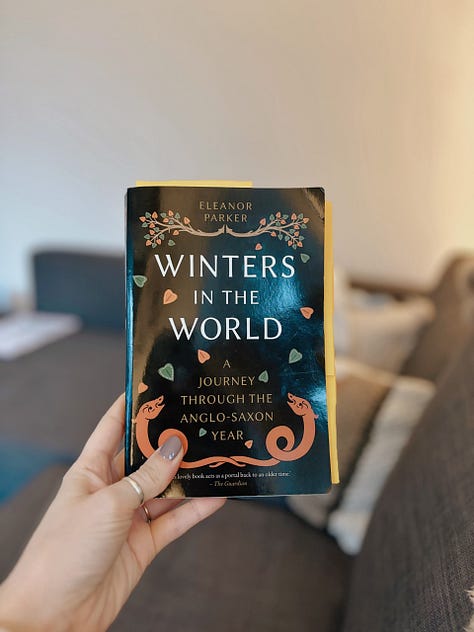
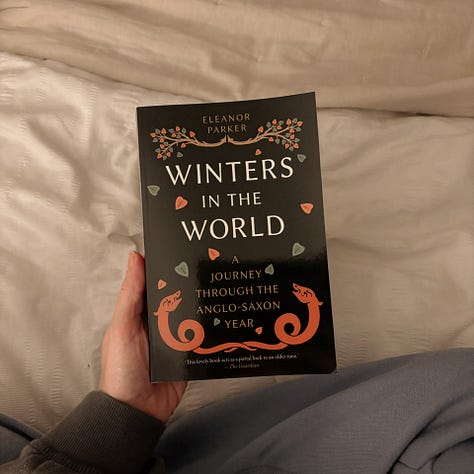
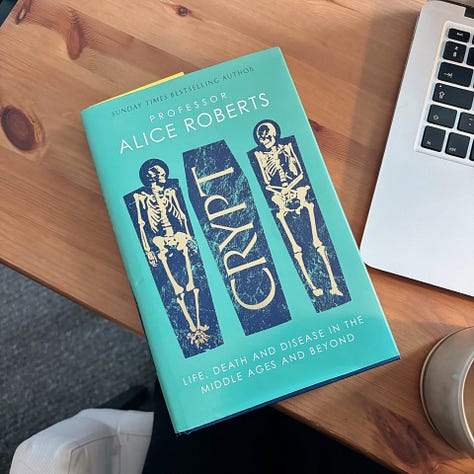
Now THAT I am here for!
Other reviews you might enjoy:
I realise the irony in promoting histories that don’t focus on kings - and then sharing a book about queens.
I know that they were not ‘typical’ people in the early medieval world, enjoying a huge amount of privilege and having their names and lives preserved in written sources.
The thing is, though, that these women’s stories have been manipulated over time for the gain of others. The treatment they received in life and death was shocking, precisely because they were queens, and they have been transformed by ‘slander and legend’, such that their true experiences have been overlooked. Their life stories are, therefore, untold tales, and deserve to be told.
If, like me, you love to hear the stories less commonly told, then you will love this book.
It is non-fiction in style, bringing out the lives of these women in full colour: Puhak doesn’t just focus on their roles as queens, but also as wives, mothers, and political rivals. You will be gripped by the webs of gossip and political machination that these women constructed and trapped each other in - and weep as I did when you read of their final moments.
I really don’t know why we don’t publish more books like this one.
The source material can be difficult to use, and in places it is non-existent, but that still doesn’t excuse the same types of history book being published again and again. Surely that market is saturated - but this market? I think this market is only just beginning to open up.
I dream that, one day, my books might sit alongside the likes of Dark Queens.
This is why my PhD research will focus on the networks forged by early medieval women as they travelled between England and France: no one has told this story before.
Bertha’s Tale: A Novel (linked HERE), sent to members twice per month and due to be published as an ebook in October 2024, is my way of dipping my toe in the water of this world, weaving stories lost for millennia.
There will also be two more articles in this miniseries focusing on the obscuring of women’s voices from history:
July: an article shining a light on the women who acted decisively in the conversion of Anglo-Saxon England
August: an article highlighting the warrior women who defied our usual gender stereotypes.
What historical stories do you find yourself drawn to? Have you come across other unique approaches to history?
I hope you enjoyed this article!
Hit subscribe to receive regular articles like this straight to your email inbox each week. Or, even better, join our membership community to unlock ALL of my content, including all my historical fiction writing (only available to members). We’d love to have you!
Did you know that you can now buy my photographs on Etsy?
I take photographs while running and hiking the UK countryside, and they are available for instant digital download through my Etsy Store. These include images from the Lake District, Peak District and Eryri - including those below!


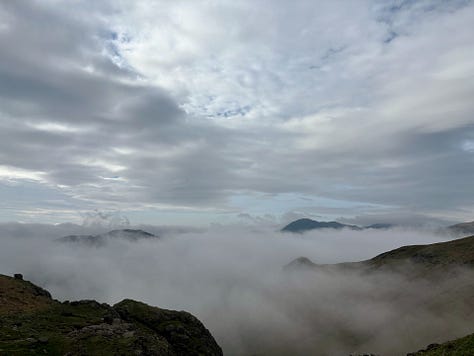





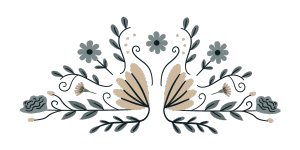
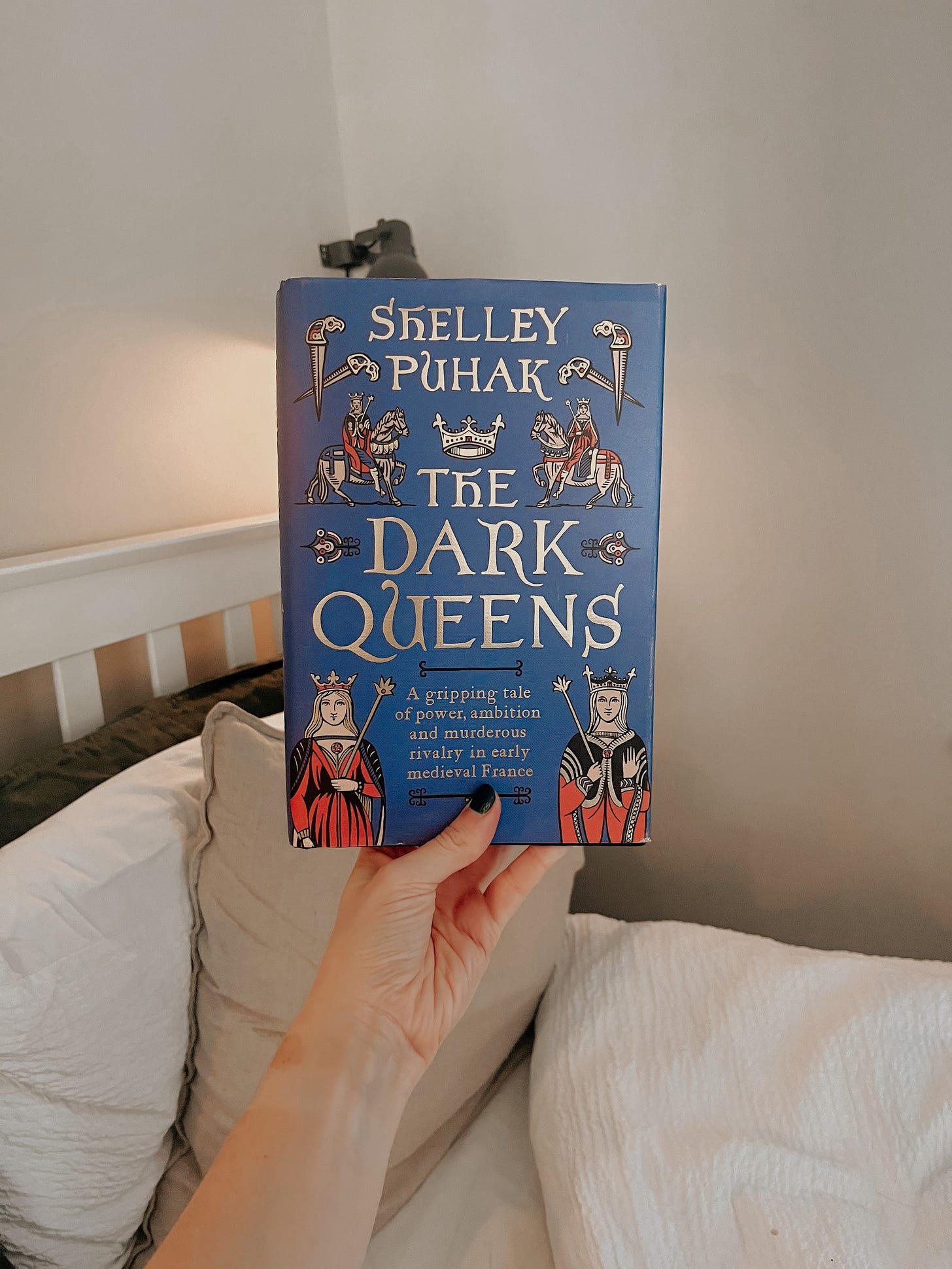




Share this post